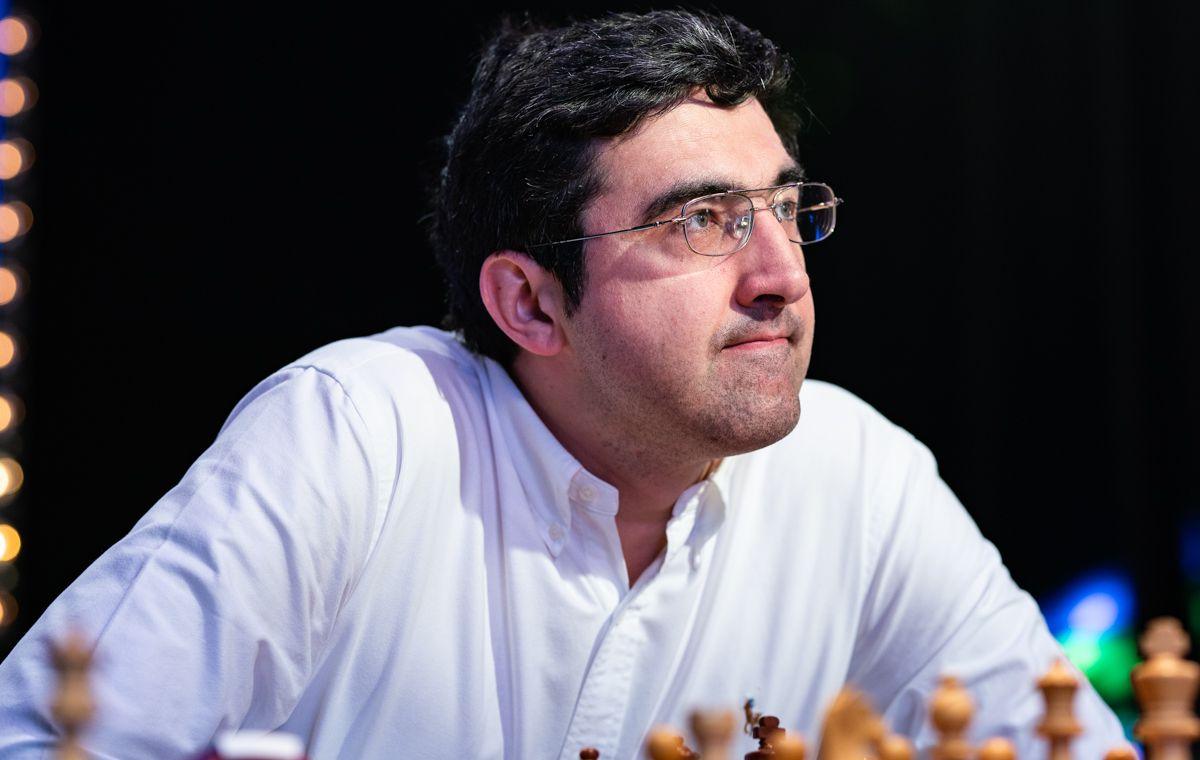The Legacy of Vladimir Kramnik in the World of Chess

Introduction
Vladimir Kramnik, a prominent figure in the world of chess, is renowned for his profound impact on the game. As the 14th World Chess Champion, Kramnik not only elevated the status of chess through his strategic prowess but also revolutionised opening theory with his innovative contributions. His journey in chess, marked by significant milestones, continues to inspire upcoming generations of players.
Kramnik’s Rise to Prominence
Born on June 25, 1975, in Tuapse, Russia, Kramnik displayed exceptional talent from a young age, earning the title of Grandmaster at just 16. His strategic style and deep understanding of the game were evident during his formidable rise in the 1990s. Kramnik’s most notable victory came in 2000 when he dethroned Garry Kasparov in a highly publicized match, becoming the World Champion. This victory not only signified a shift in the chess hierarchy but also introduced Kramnik’s distinct approach to play that emphasized solid preparation and psychological tactics.
Innovations and Contributions
Kramnik is credited with several groundbreaking ideas that have influenced modern chess. His use of the Berlin Defence in the Ruy Lopez opened new avenues for defence and counterplay, changing the way players approached the opening phase. Kramnik’s continuous pursuit of improvement and understanding of chess led him to develop the ‘Kramnik-Alexeyev’ approach to many classical openings, proving to be valuable resources for players seeking to elevate their game. Furthermore, he played a crucial role in the development of the ‘Classical World Chess Championship’, diverging from the traditional knockout format to preserve the integrity of the title.
Recent Endeavours and Influence
In recent years, Kramnik has shifted focus towards promoting chess, particularly through educational initiatives and online platforms. He has been a vocal advocate for bringing chess to younger audiences and emphasizing its educational value. Kramnik’s participation in various international tournaments and exhibitions continues to showcase his enduring skill, while his mentorship of emerging players demonstrates his commitment to the chess community.
Conclusion
Vladimir Kramnik’s legacy in chess is not merely defined by his title of World Champion but by his influence as a forerunner of strategic innovation in chess theory. His contributions to the game have laid the groundwork for both contemporary and future chess players. As Kramnik continues to engage with the chess world, his efforts in promoting the game and inspiring the next generation underline his significance in the chess community. The future of chess looks promising, informed by the foundations that legends like Kramnik have built.
